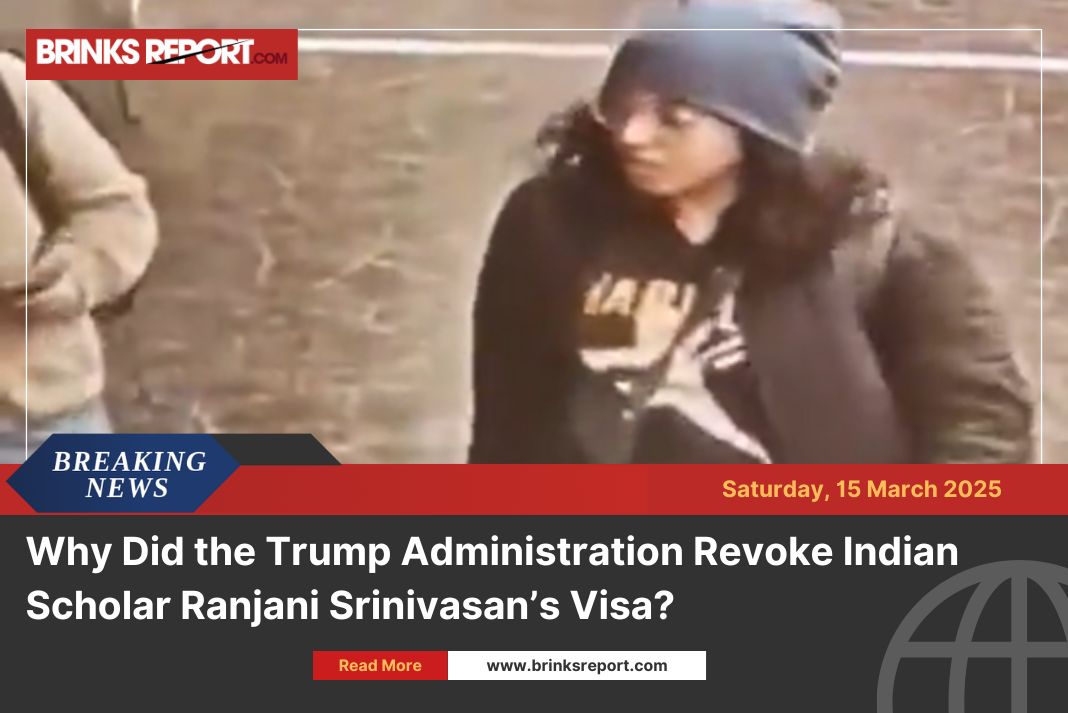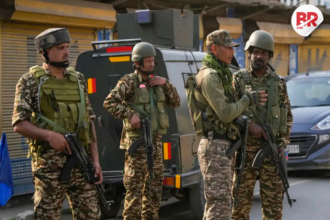
In a recent 4-day conflict with Pakistan, supported by China, India learned several important lessons.
Distrust of Pakistan: After the conflict, it became clear that Pakistan cannot be trusted, even after signing ceasefire agreements. This distrust will shape India’s future negotiations with Pakistan.

Indian Air Force Strength: The Indian Air Force showed its ability to carry out precise attacks on terror camps inside Pakistan without entering its airspace. This was a huge achievement, especially using BrahMos missiles, showcasing the excellence of Indian engineers.

Terrorism Sponsorship by Pakistan: One of India’s main goals was to convince the world that Pakistan is a continuous sponsor of terrorism, with China supporting it by providing funds and weapons. Many countries now recognize this issue. However, India needs to do more to spread the truth and counter Pakistan’s propaganda through diplomatic efforts.
The Reality of Terror Financing: Some argue that more military strikes were needed, but tracking terrorists is difficult, as they often hide in crowded places. Even though more attacks weren’t possible, India’s intelligence networks played a crucial role in gathering information for strikes. India should consider investing more in intelligence and counterintelligence.
Also See: India Declares Decisive Victory in ‘Operation Sindoor’ Against Pakistan
Reaching Pakistan’s Common People: The conflict helped bring Pakistan’s army chief, General Asif Munir, into the spotlight. This has led to increased support for him, especially among those who are against India. It’s important for India to connect with the common people in Pakistan, who are against military leaders, using shared languages like Urdu and Punjabi.
The Kashmir Issue: U.S. President Donald Trump made a mistake by discussing the Kashmir issue again, which had been resolved with India’s move in 2019 to change its status. Trump’s comments were welcomed by Pakistan, which saw them as an opportunity to revive the Kashmir debate at the UN. India doesn’t want this issue discussed at international forums, as it sees Kashmir as an internal matter.
Western Countries’ Indifference: Many Western countries, despite India’s support in countering China’s influence, have been vague in condemning terrorism and have avoided directly blaming Pakistan. This shows a lack of willingness to take a stand against Pakistan, fearing the spread of terrorism to their own countries.
Support from the Muslim World: Most Muslim countries remained neutral during the conflict, showing that Pakistan’s moral influence is fading. However, Turkey supported Pakistan by providing drones. Meanwhile, Saudi Arabia and Iran made visits to India, signaling the opportunity for India to strengthen its ties with the Muslim world.
Pakistan’s Internal Struggles: Pakistan’s leaders have openly admitted to using terror groups for their own interests, and the West’s lack of action against this has not gone unnoticed. Pakistan’s internal struggles, especially the growing influence of anti-India figures like General Munir, could further fuel tensions.
Need for Economic Strength: The biggest lesson is that a strong economy and technological growth are essential for India’s defense. India needs to continue growing economically to strengthen its military and ensure it can compete with both Pakistan and China. The country also needs to invest in military technology and work more with private companies in defense production.
Also Read: Over 100 Terrorists Killed in Pakistan and PoK During India’s Operation Sindoor
In conclusion, while the conflict didn’t bring any real benefits, it provided valuable lessons on how India should move forward in its military, diplomatic, and economic efforts to ensure national security and global respect.












